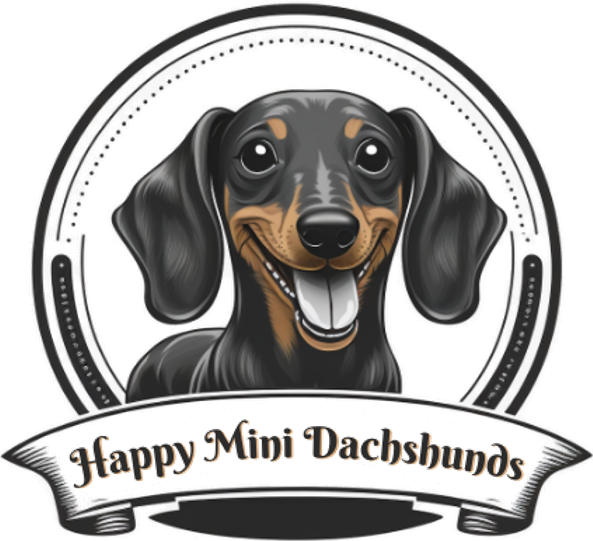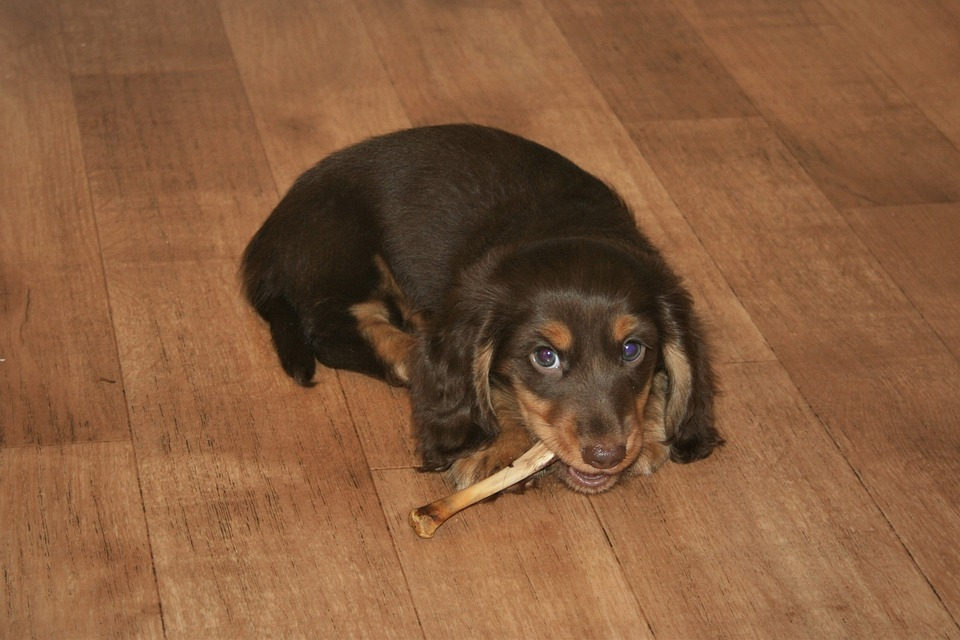As a pet owner, you want to ensure that your miniature dachshund is healthy and happy. One way to do this is by providing a well-balanced diet that includes vegetables. While meat is often the focus of a dog’s diet, vegetables can provide important nutrients and health benefits that can help keep your furry friend in top shape.
In this blog post, we will explore what vegetables are safe and beneficial for miniature dachshunds, as well as how to incorporate them into your dog’s diet. We will also discuss the nutritional benefits of vegetables and why they are important for your dog’s health.
So, if you want to learn more about how to ensure that your miniature dachshund is getting the best possible nutrition, read on.
Key Takeaways:
- Vegetables can be a healthy addition to your miniature dachshund’s diet, providing important vitamins and minerals.
- It’s important to only offer your dachshund vegetables that are safe for them to eat, avoiding those that can be harmful or toxic.
- Incorporating vegetables into your miniature dachshund’s diet can be done in a variety of ways, from adding them to meals to using them as a healthy snack.
Nutritional benefits of vegetables for miniature dachshunds
We all know that vegetables are healthy for humans, but did you know that they are also beneficial for miniature dachshunds? Incorporating vegetables into your dog’s diet can provide a range of nutrients that support their overall health and well-being.
One of the main benefits of vegetables is that they are low in calories and high in fiber, which can help keep your dachshund feeling full and satisfied. This can be particularly helpful for dogs who are prone to overeating and gaining weight.
Vegetables are also a good source of vitamins and minerals, including vitamins A, C, and K, as well as potassium, magnesium, and calcium. These nutrients are essential for maintaining strong bones and muscles, healthy skin and coat, and a strong immune system.
Additionally, some vegetables, such as carrots and sweet potatoes, contain antioxidants that can help protect your dog’s cells from damage caused by free radicals. This can help reduce the risk of chronic diseases and improve overall health and longevity.
It’s important to note that while vegetables can provide many nutritional benefits, they should not be the only source of nutrition for your dog. It’s still important to provide a balanced diet that includes protein, fats, and carbohydrates.
Related: What Is the Best Food for A Miniature Dachshund Puppy?
Safe vegetables for miniature dachshunds
While vegetables are a healthy addition to your miniature dachshund’s diet, it’s important to ensure that the vegetables you give them are safe for consumption. Some vegetables can be harmful or toxic to dogs, so it’s crucial to be aware of which vegetables are safe and which ones to avoid.
Here are some safe vegetables that you can add to your miniature dachshund’s diet:
- Carrots: Carrots are a great source of vitamin A and fiber. They are also low in calories, making them a perfect snack for dogs who need to maintain a healthy weight.
- Broccoli: Broccoli is packed with vitamins and minerals such as vitamin C, potassium, and fiber. However, it’s important to feed it in moderation, as too much broccoli can cause gas and stomach upset in dogs.
- Green beans: Green beans are a good source of fiber, vitamin C, and vitamin K. They are also low in calories, making them a great snack for miniature dachshunds.
- Sweet potatoes: Sweet potatoes are an excellent source of vitamins A and C, potassium, and fiber. They are also low in fat, making them a great addition to your dog’s diet.
- Cucumbers: Cucumbers are low in calories and high in water content, making them a great snack for dogs who need to maintain a healthy weight. They are also a good source of vitamins C and K.
It’s important to note that some vegetables, such as onions, garlic, and avocado, can be toxic to dogs and should be avoided. Additionally, while some vegetables are safe for dogs, they may cause digestive upset if given in large quantities or too frequently. It’s always a good idea to introduce new foods gradually and monitor your dog’s reaction to them.
Vegetables to avoid
While vegetables can be a healthy addition to your miniature dachshund’s diet, there are some vegetables that you should avoid feeding them. Some vegetables can cause digestive upset, while others can be toxic to dogs.
One vegetable to avoid is onions. Onions contain a compound called thiosulphate, which can damage a dog’s red blood cells and lead to anemia. Garlic and chives are also members of the onion family and should be avoided.
Avocado is another vegetable that should not be given to dogs. Avocado contains persin, a toxin that can cause vomiting and diarrhea in dogs. While the flesh of the avocado is not toxic to dogs, the pit and skin can be a choking hazard.
Other vegetables that should be avoided include mushrooms, rhubarb, and tomato leaves and stems. Mushrooms can contain toxins that can cause liver and kidney damage, while rhubarb leaves contain oxalates that can cause kidney damage. Tomato leaves and stems contain solanine, a toxin that can cause gastrointestinal upset.
It’s important to note that while these vegetables can be harmful to dogs, it’s unlikely that a small amount would cause serious harm. However, it’s best to err on the side of caution and avoid feeding these vegetables to your miniature dachshund altogether.
Incorporating vegetables into miniature dachshunds’ diets
Now that you know which vegetables are safe for your miniature dachshund and how they can benefit from them, let’s explore some ways to incorporate these vegetables into their diet.
One way to introduce vegetables into your dog’s diet is to mix them in with their regular food. You can chop up cooked vegetables such as carrots, green beans, or sweet potatoes and mix them into your dog’s regular food. This is a great option for picky eaters who may not want to eat vegetables on their own.
Another way to incorporate vegetables is to use them as treats. Instead of giving your dog high-calorie treats, offer them a piece of carrot, broccoli, or cucumber as a healthy snack. This is also a great option for dogs who are watching their weight or need to maintain a healthy weight.
If you have some extra time and want to create a homemade meal for your dog, there are many recipes available online that incorporate vegetables. When making homemade dog food, it’s important to ensure that the meal is nutritionally balanced and meets your dog’s specific dietary needs. Be sure to consult with your veterinarian before making any significant changes to your dog’s diet.
It’s also important to introduce new vegetables gradually to your dog’s diet to prevent digestive upset. Start with small amounts and gradually increase the amount over a period of several days. Always monitor your dog’s behavior and appetite to ensure they are tolerating the new food well.
Conclusion
Incorporating vegetables into your miniature dachshund’s diet can provide many benefits, including improved digestion, weight management, and disease prevention. Vegetables are a great source of vitamins, minerals, and fiber that can support your dog’s overall health and well-being.
However, it’s important to keep in mind that not all vegetables are safe for dogs to eat. Certain vegetables, such as onions and garlic, can be toxic and should be avoided.
When introducing vegetables to your dog’s diet, it’s important to start slowly and monitor their reaction. You can mix vegetables into their food, offer them as treats, or even make homemade dog food with vegetables incorporated.
Remember, a balanced diet that includes a variety of foods is key to keeping your miniature dachshund healthy and happy. If you have any concerns about your dog’s diet or health, be sure to consult with your veterinarian.
By incorporating safe vegetables into your miniature dachshund’s diet, you can provide them with a nutritious and delicious addition to their meals.

